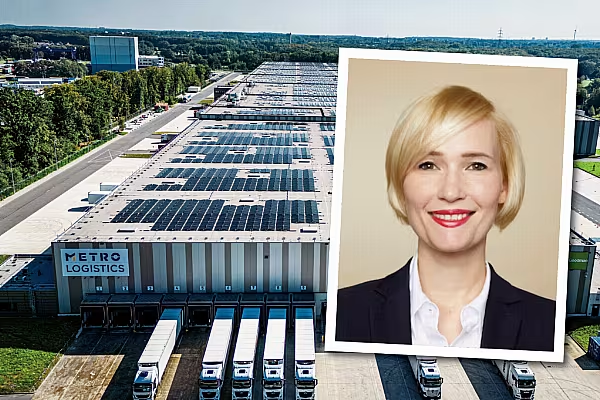In the most recent edition of ESM, we caught up with sustainability leaders across European retail, as part of our 'Sustainability 2024' report, including Ivonne Bollow, SVP, Corporate Responsibility And Public Policy, METRO AG.
ESM: We’re more than a year into a cost-of-living crisis that has hit consumers hard. To what degree have these financial difficulties influenced consumer perceptions about sustainability?
Ivonne Bollow: As a wholesaler, our customers are entrepreneurs – the impact of the cost-of-living crisis in the population has, thus, had an indirect impact on their business.
The question about prices is indeed now in the spotlight and partially hits the demand for sustainable products, while the benefits of sustainable management have become more visible in the discussion.
To be effective, sustainability needs to permeate all aspects of a business’s decision-making and operating structure. How has that been implemented at your business?
As part of our sustainability approach, we aim to drive change towards responsible and sustainable business activities – within our own operations, but also in collaboration with our suppliers and partners, as well as with our customers.
We have a steering committee, the ESG Peer Group, which consists of all executives in departments relevant to our operational as well as our governance success.
For ensuring our strategy being implemented across entities – for example, METRO countries, as well as FSD companies – we regularly discuss ESG matters on the commercial board as the parent committee, while the corporate responsibility department takes care of bilateral collaboration.
A relevant factor for successful steering is the availability and the use of data on sustainability KPIs. Only with a good data basis is it possible to set goals in a sustainable way, define relevant measures, and track our progress. For this purpose, we have set up a good collaboration with corporate controlling.
To what degree have you sought to foster collaboration with other businesses, groups, or industry bodies in furthering your sustainability goals?
We are constantly developing our tools and processes. This also includes cooperation with other companies. Most recently, this year we entered into a partnership with the sustainability and innovation network Futury.
As part of this network, METRO is working with a start-up that uses artificial intelligence to optimise the procurement processes of ultra-fresh products, thus helping to avoid too much surplus food.
Younger consumers – particularly Gen Z – are sceptical about the sustainability claims being made by big businesses. How can businesses better communicate to this demographic?
Greenwashing is something the younger generations are rightly sceptical about, but they also understand that sustainability is a very complex issue, especially for large international companies. It is important for us to implement a clear and consistent sustainability strategy and to communicate regularly about progress and challenges.
Transparency and credibility are key factors, as is cooperation with independent organisations. For example, METRO is listed in the sustainability rankings of MSCI, Sustainalytics and CDP.
We’re now just over a year away from the mid-part of the decade. In what areas do you think we will see a ramping up of sustainability efforts over the next year?
Corporate sustainability reporting will change significantly over the next few years, mainly as a result of the new EU Corporate Sustainability Reporting Directive [CSRD], which is due to come into operation in 2024. The CSRD will increase the number of reporting companies, expand the scope and quality of reporting content, improve the auditing and standardisation of reports, and promote the digitalisation of reporting.
As a result, sustainability reporting will grow in importance and become a key indicator of corporate success, alongside financial reporting.














